Freda Narev
Freda Narev
by Val Graham
Freda Narev was born Freda Malacka, the youngest of three daughters, in 1937, in the Polish shtetl Widze (Vidzy), now part of Belarus. Her older sister, Liza, was born in 1926 and her middle sister, Ester, in 1929.
Freda's father Yakov Malacki, was a retailer and the Jewish representative on the local town council; her mother, Kreina (Kora) Malacka, was a home maker and part-time teacher of Slavonic languages at the local high school. The Malacki family had lived in Widze for several generations.
Freda’s parents, Kora and Yakov Malacki
Kora with little sister Ester
The town was first taken over by the Russians after Hitler and Stalin agreed a pact. The Russians were hostile to the family because Mr Malacki was a retailer, and therefore seen as a “capitalist”. After Hitler abrogated the Russian pact, the Germans attacked Russia, the Soviet trrops withdrew, and the Germans moved in.
Shortly after the Germans invaded Widze, things escalated very quickly. Local anti-Semitic thugs, with support from the Nazis, gathered 15 prominent members of the Jewish community – including Freda’s father – at dawn, executed them and buried them in a mass grave.
Freda’s mother could see that the three year old Freda was not going to be safe, so she enlisted the help of a Polish Catholic lady, Mrs Karlowiczowa, whom Freda’s family had once helped, and who worked with Freda’s mother at the school. Her husband, Mr Karlowicz, who had been the mayor of Widze had been arrested by the Russians as a capitalist and sent to Siberia. Freda was taken to the farm about 10 km outside Widze on a sled in the middle of the night. It would be the last time that Freda ever saw her mother.
There, Freda was brought up as a Catholic, thus saving her from certain death. She was well looked after and well fed on the farm, although never left the farm for fear she would be recognised and reported. Anti-Semitism was rife and there was no shortage of collaborators. Although having blond hair and blue eyes, at the time Freda spoke only Yiddish and some Polish, which might have given her away.
Freda’s mother and sister Liza were taken to the ghetto at Vilnius. Liza later escaped with a group of young people and joined up with Russian partisans in the Naroch forest, where she managed to survive the war. Although only 16 at the time she escaped, Kora Malacka insisted that Liza marry her sweetheart, Yitzhak Porus, before departing. Although Liza and Yitzhak lost contact during the war as the result of an ambush in the forest, they were reunited.
Kora Malacka was last seen in the Vilna ghetto (Vilnius, Lithuania). Little Ester disappeared without a trace.
Freda lived on the farm with Mrs Karlowiczowa and her son until the end of the war. At that time her then 17-year old sister Liza returned to Widze to reclaim young Freda, now 7 years old.
Mrs Karlowiczowa was reluctant to hand Freda over, not only due to the strong bonds she had forged with Freda, but also because Liza was a 17-year old girl without any means of support. Ultimately, of course, she did and Liza became Freda’s ‘mother’.
Freda with sister Liza
After some time at various displaced persons’ camps in Germany, and with the generous sponsorship of the Svirskis family, Freda emigrated with Liza and Itzhak to New Zealand and settled in Auckland.
A sociable child, she made friends easily and soon became very proficient in English and a good student at school. In 1955, she met her husband-to-be, Bob Narev, through the Habonim youth group. They became engaged in 1957, married in 1959, and are still enjoying life together.
Bob and Freda’s wedding in 1959. From left: Eric Svirkis, Margot Friedman (Hart) , Bob, Freda, Dianne Jaffe, Andrie Hart, Jack Porus, Jacquie Wagner.
Freda and Bob, also a Holocaust survivor, are actively involved in Holocaust education in Auckland. Freda was also involved in the Auckland oral history group, having conducted many interviews with other Holocaust survivors and refugees.
Throughout her life Freda has been active with both Jewish and general community work, including marriage guidance, the Home and Family Society, the Shalom Court rest home, and the Citizens Advice Bureau. She was co-founder and coordinator of the Senior Outreach Service for the Jewish elderly. For all her activities she has been awarded a Queen’s Service Medal.
Freda is also a lovely singer and has been widely appreciated over the years for her sensitive renditions of Jewish folk songs, mainly in Yiddish.
Freda was awarded the Queen’s Service Medal in 2012
Freda with grandson Daniel Jaffa at his bar mitzvah in May 2012
Narev family reunion at Okahu Bay
Source:
Graham Wear, From Darkness to Light, The Lives of Bob and Freda Narev, Auckland, 2019.









